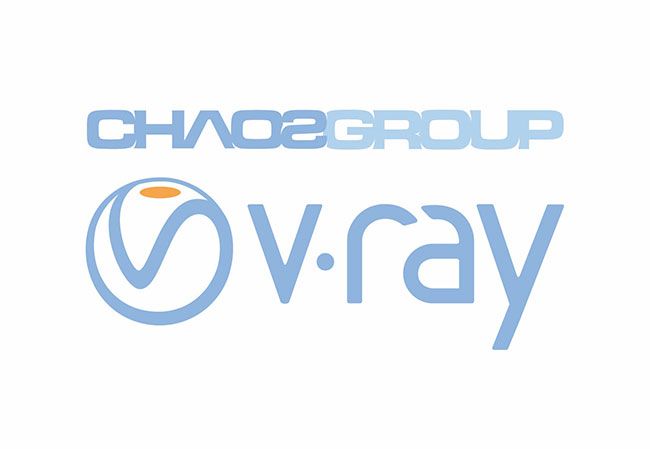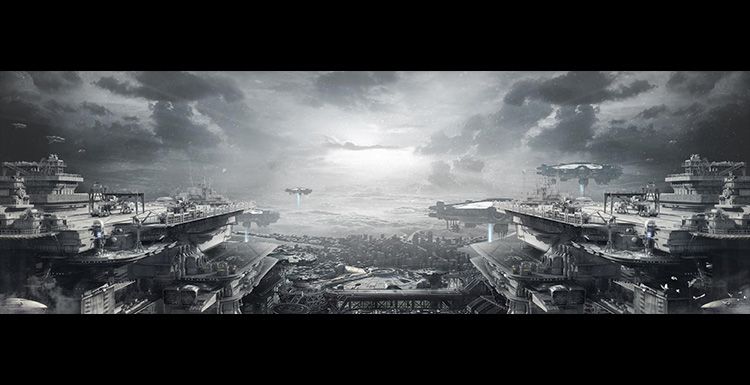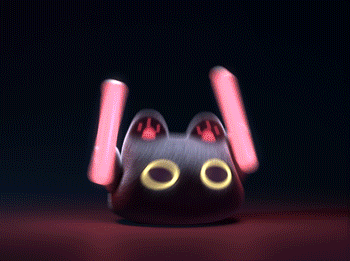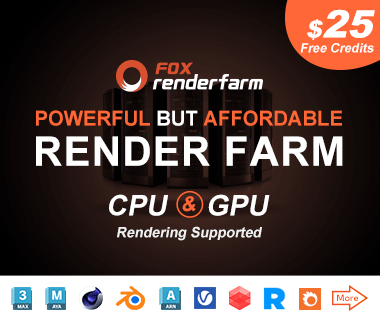Interview with Iavor Trifonov from Chaosgroup for the Future Cooperation

2018 must be a big year for Fox Renderfarm, we sincerely hope to cooperate with more 3d software and renderer companines as much as we can, that's why we communicate with them so positively and discuss about the future cooperations and benefits for both parties. Here is the detail interview with Iavor Trifonov from Chaos Group as below:
Iavor Trifonov,
Vice-President Cloud & Integrations
Chaos Group
Fox Renderfarm: Since the establishment of V-Ray in 1997, the growth and global presence of V-Ray has gained attention from various industries, especially CG industry. Tell us more about V-Ray's global influence and users usage worldwide.
Chaos Group: From the very beginning, our goal has been to help people visualize anything and everything. And this means more than just pushing the technology. V-Ray is a result of listening to and working with artists and designers directly. It’s important to really understand the daily challenges creatives face and see what we can do with our development to help, and move rendering forward. Today, V-Ray is prominent in multiple industries worldwide. V-Ray’s Academy Award-winning rendering technology is still developed with the same goal of helping artists and designers.
Fox Renderfarm: Share with us about V-Ray's current brand awareness and situation in China.
Chaos Group: V-Ray is very popular in the architectural visualization industry in China, but people probably aren’t as familiar with our company name — Chaos Group. There are many resources online for learning V-Ray, and the V-Ray community is very supportive. Our main developers are also very involved online since we take feedback very seriously. The new V-Ray Next for 3ds Max beta is the latest example of how we listen to our customers, and work to provide features that save time and hopefully make your life a little easier.
Fox Renderfarm: Share with us regarding the product development strategy and promotion in the near future?
Chaos Group: At the moment, our key development revolves around the completely upgraded and optimized rendering inside of V-Ray Next. We’ve already got a few blog posts actually that highlight some of the new features of V-Ray Next and there are more articles in the works. You’ll also see us at events worldwide and this year we’re excited to host our very own special event dedicated to artists and developers - Total Chaos.
Fox Renderfarm: How about your thoughts on cloud rendering service and how it can benefit CG artists?
Chaos Group: Cloud rendering is something that gives the smallest studios the same firepower that big studios have enjoyed for some time now. Anyone’s computer can be a supercomputer, thanks to the ease and power of cloud computing. Deadlines are inescapable in a studio environment, and having access to rendering in the cloud can take a lot of pressure off. Plus you don’t have to worry about large hardware expenses, not to mention maintenance. This also frees up computers for design work, and costs related to cloud rendering are easily tracked and can be billed by the job.
Fox Renderfarm: How can Chaos Group work with Fox Renderfarm and what are the benefits that Chaos Group can offer to Fox Renderfarm's customers?
Chaosgroup: Fox Renderfarm is one of Chaos Group’s main render farm partners in China as well as in Asia. As an authorized partner, Fox Renderfarm receives dedicated support from Chaos Group both in terms of account management and technical optimization expertise. This allows Fox to react quickly when helping customers and resolve even the most complex workflow issues with the help of Chaos Group’s developers. Moreover, Chaos Group and Fox are also looking to partner on initiatives related to the educational institutions in China which will lead to opening excellent opportunities to thousands of Chinese students interested in becoming V-Ray professionals. Boosting the awareness of V-Ray among Chinese users from as early stage in their professional careers as possible together with expanding the availability of Chaos Group’s products across China is at the very core of the partnership between both companies. We’re excited to have such a strong partner in China and we look forward to helping the CG industry in China with Fox Renderfarm.
Fox Renderfarm: Originally started as Atmos Blender, then the first release of V-Ray for 3ds Max in 2002. Up to date, various mainstream 3D software is well-supported by V-Ray. V-Ray has been around with us for almost 21 years! Tell us about the new features and highlights of V-Ray that we can look forward to in 2018?
Chaosgroup: We don’t want to reveal too much yet, but we’re very excited about the V-Ray for Unreal beta which just recently started. We’ll have more big news in regards to other V-Ray Next products in the near future to share with you as well!
(Check our interview with MAXON and Isotropix if you are interested.)
Recommended reading
Top 9 Best And Free Blender Render Farms of 2025
2024-12-30
Revealing the Techniques Behind the Production of Jibaro "Love, Death & Robots", Which Took Two Years to Draw the Storyboard
2025-02-10
Top 10 Free And Best Cloud Rendering Services in 2025
2025-03-03
Top 8 After Effects Render Farm Recommended of 2025
2025-02-10
Top 5 Best and Free 3d Rendering Software 2025
2025-02-10
Shocked! The Secret Behind Using 3D to Make 2D Animation was Revealed!
2025-02-10
How to Render High-quality Images in Blender
2024-12-04
Easy Cel Shading Tutorial for Cartoon in Blender Within 2 Minutes
2025-02-10
Partners
Previous: Why Choose Fox Renderfarm?
Next: The Rookies 2017 Finally Kicks Off And Ready for Submission
Interested






